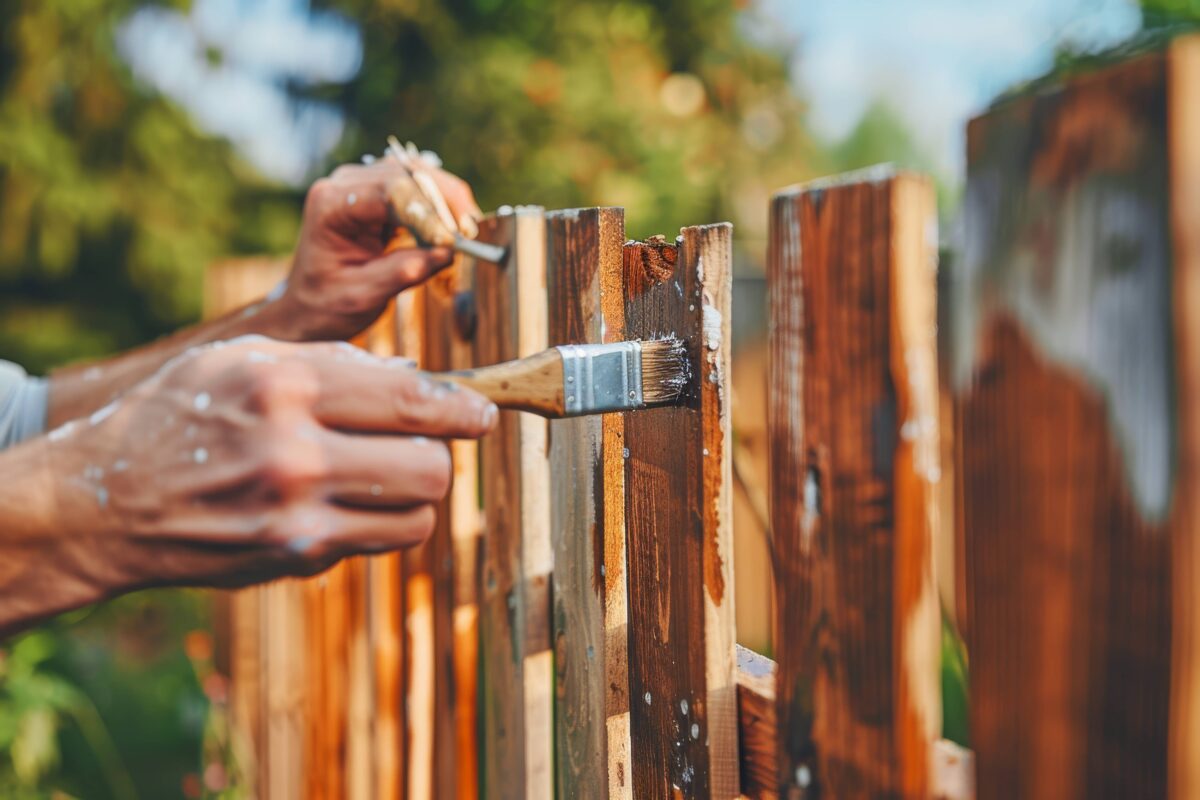At first, installing a gate by yourself might seem like a way to save money. DIY kits are available, promising an easy and affordable solution. However, installing a gate on your own comes with many risks. These risks can affect both your safety and the security of your home. In this article, we’ll reveal the hidden dangers of DIY gate installation and explain why hiring a professional is often the better option.
1. Weak Structure
DIY gates often lack the strong structure that professionals can ensure. Gates need accurate measurements, durable materials, and proper installation to work well. If you lack construction experience, it’s easy to make mistakes. A poorly installed gate may sag, drag, or even collapse. This poses a danger to anyone near it.
For instance, a heavy gate that isn’t mounted correctly could fall in strong winds. This can damage property or injure someone nearby.
2. Security Concerns
Your gate is often the first defense for your home. If installed poorly, it leaves your home vulnerable. DIY kits often use lower-quality materials that are easier to break. Intruders could easily bypass a gate that lacks proper security features. Professional installations use durable materials and reliable methods to protect your home.
Remember, a gate is only as secure as its installation. Poor work leaves you exposed to break-ins or vandalism.
3. Electrical Dangers with Automated Gates
When installing an automated gate, the risks increase. Without electrical experience, you might miss important safety steps, like correct wiring. Automated gates must meet safety standards to prevent accidents. If the wiring is wrong, it can cause electrical shorts, fires, or electrocution.
Without proper safety features, an automated gate could malfunction. It might close too quickly or fail to detect obstacles, leading to preventable accidents.
4. Liability and Insurance Problems
If a DIY gate causes an injury or damage, you could be held liable. Many insurance companies won’t cover accidents caused by faulty DIY work. This leaves you responsible for repair costs or medical bills. In the end, those expenses could outweigh the savings of a DIY gate.
Hiring a professional ensures your gate is installed correctly. This also helps keep your insurance coverage valid in case of accidents.
5. Increased Maintenance Costs
DIY gates often need more frequent repairs. Lower-quality materials and improper installation lead to wear and tear. Hinges may rust, bolts may loosen, and the gate might become hard to open or close. Over time, the cost of constant repairs adds up. A DIY gate can end up costing more than hiring a professional.
Professionally installed gates are built to last. They use better materials and need less maintenance, saving you money in the long run.
6. Risk of Injury During Installation
Installing a gate requires heavy lifting, power tools, and electrical work. Without experience, these tasks can be dangerous. You could suffer from muscle strains, or worse, serious accidents involving tools or electricity.
Professionals have the right training and equipment to complete installations safely. This reduces the risk of injury during the process.
In conclusion, while DIY projects are tempting, some tasks require professional expertise. Gate installation demands skill and knowledge that many DIY enthusiasts may not have. By hiring a professional, you ensure the safety of your home and avoid accidents, costly repairs, and potential liability. In the long run, a professionally installed gate offers peace of mind and long-term durability.
Before choosing a DIY kit, consider the risks. Professional installation is a better investment for your safety and security.



